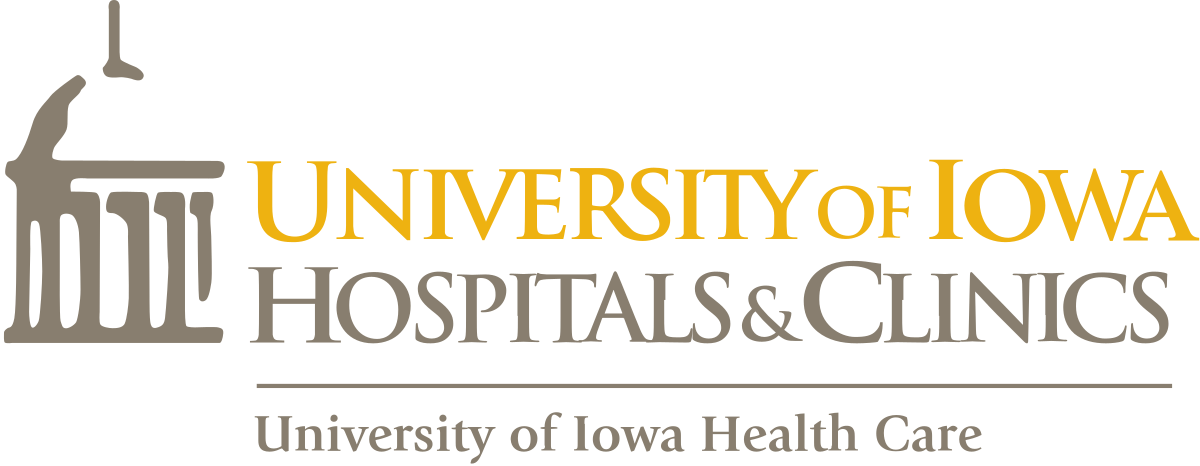The ACNO is responsible for assessing the environment, forecasting trends, transmitting values, communicating ideas, developing, and implementing policies, managing, and initiating innovative systems and programs that promote excellence in service, quality, and safety for patient care delivery and that create an excellent place to work. This position provides nursing personnel with leadership, decision-making, and direction in patient care services and defined areas, ensuring nurses and other members of the patient care team feel empowered to serve as patient representatives/advocates. The ACNO will work in close partnership with executives from the health system, hospital campuses, physician leaders and groups, and staff to develop comprehensive access to care including evaluation, planning and implementation of both inpatient and outpatient innovative care models which enhance the delivery of patient care quality and efficiency. Along with the health system and hospital executive committees will establish key collaboration partnerships with physicians and administrative colleagues, community providers, and interest groups influencing and developing both internal and external constituencies to promote and coordinate adult service lines throughout the community and neighboring market areas. The ACNO aligns the priorities of the patient care unit leadership dyads and collaboration with the medical or clinical directors to assure the operational and clinical standards promote a center of quality care and work environment excellence. The ACNO will lead adhering to the ethical principles, practice standards, and strategic objectives of the Department of Nursing Services and Patient Care and University of Iowa Health Care. They will effectively interpret, implement, and ensure that all sites of care maintain compliance with Joint Commission (JC), Iowa Department of Inspection, Appeals, and Licensing (DIAL), and Iowa Board of Nursing (IBON) standards within the Department of Nursing Services and Patient Care.
Collaboration/Communication
Serve as liaison between nursing, patient care team, medical staff, and healthcare leadership. Engage and collaborate with interdisciplinary health care team members to identify opportunities for improvement, program development and capital budgeting. Communicate with external agencies and constituencies to address issues and answer questions. Serve as liaison among multiple clinical functions to support collaboration in identifying opportunities for improvement and program development.
Program and Patient Care/Services Delivery
Human Resources Management
Operations, Standards of Care, Regulatory Compliance, Quality and Patient Satisfaction
Financial Management/Business Analytics
Education

University of Iowa Health Care includes a major tertiary- and quaternary-level health care facility, University of Iowa Hospitals & Clinics, UI Health Care Medical Center Downtown in Iowa City, and outpatient clinic facilities across Iowa in population centers such as Waterloo, Des Moines, and Cedar Rapids. In 2025, the system will open a three-story hospital and six-story medical office in the nearby community of North Liberty. The health care system employs nearly 20,000 individuals, including over 1,000 staff physicians and dentists, nearly 800 resident and fellow physicians, and more than 5,000 nursing staff members focused on providing outstanding care and service for patients and their families.
UI Hospitals & Clinics is the state’s only comprehensive academic medical center and serves patients from across the state and the region. It includes the main adult-care hospital, a specialized disabilities and development outpatient facility (serving pediatric and adult patients), and UI Stead Family Children’s Hospital. The 889-inpatient facility (205 pediatric) saw 33,189 admissions and more than 1.2 million clinic visits in FY23.
Joining the system in January of 2024, UI Health Care Medical Center Downtown has 194 beds and offers 24-hour emergency care. Services include Heart and Vascular care, general surgery, orthopedics, wound care, cancer services, and maternity care.
Opening in 2025, UI Health Care North Liberty campus will include a three-story hospital and six-story office building. The new facility will have 36 inpatient beds, 14 emergency care rooms, 12 Operating rooms, and indoor/outdoor physical therapy space.
Rankings and Accolades